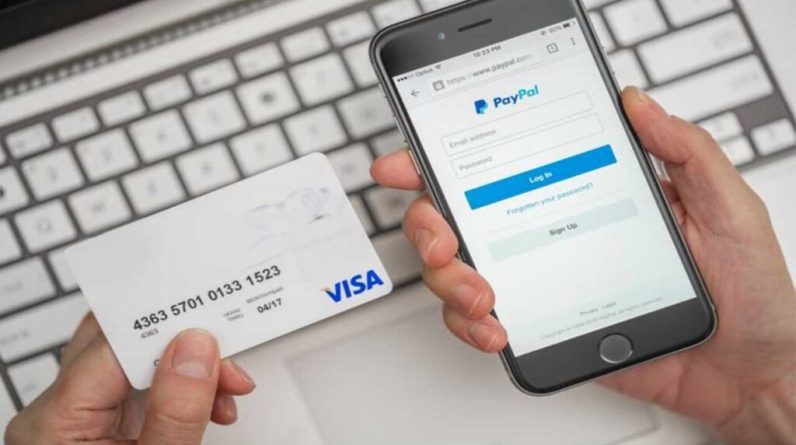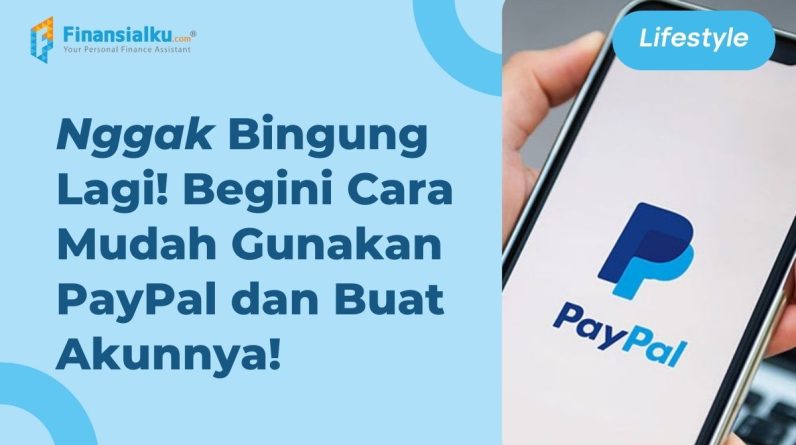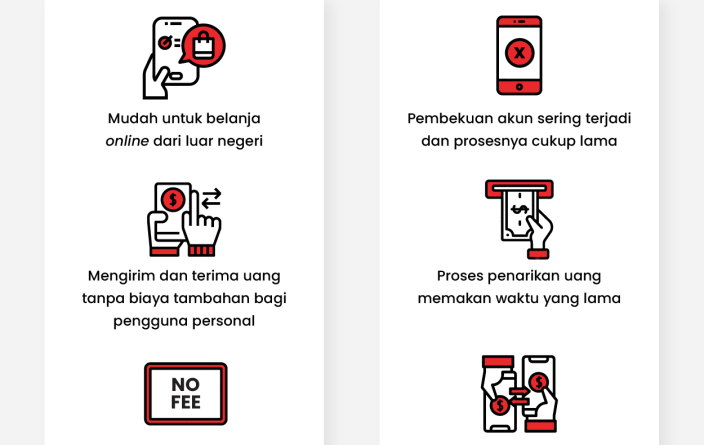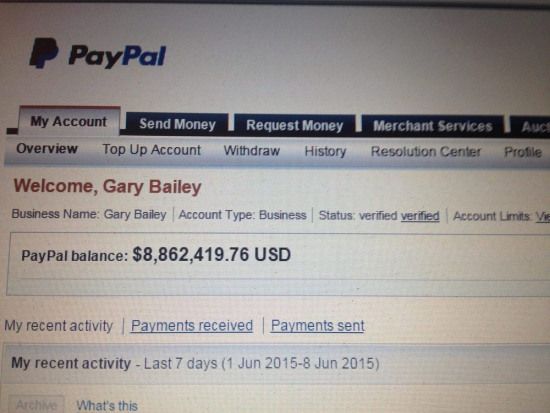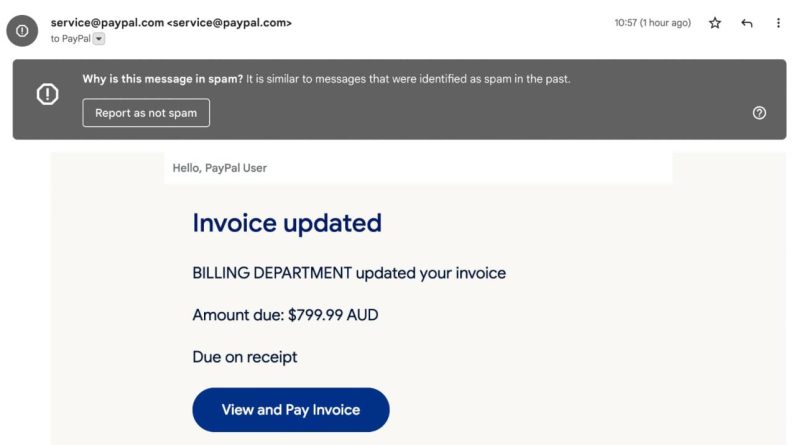
What is PayPal Invoice Scam?
PayPal invoice fraud has become a growing problem in recent years, with fraudsters using a variety of tactics to defraud their victims. Understanding how they work and how to protect them is critical to keeping your business and personal finances safe.
Fraudsters usually start by creating fake invoices that resemble legitimate PayPal invoices. These invoices often look professional and convincing, complete with the PayPal logo and a valid email address. However, the invoice contains incorrect information, such as an excessive amount or a description of services you did not request.
The scammer will then send you an invoice via email or another platform, asking you to pay it immediately. They may give urgent reasons for payment, such as your account will be suspended or you will face legal action if you don’t pay.
If you do not recognize the transaction or have questions about the invoice, it is important to exercise caution and avoid making payment. Here are some general danger signs to look out for:
The invoice contains glaring grammatical or spelling errors.
The sender’s email address does not match the correct PayPal address.
The invoice amount is much higher than you expected or is for services you did not request.
You have no business relationship with the company or person sending the invoice.
If you receive a suspicious invoice, the best thing to do is contact PayPal directly or report the invoice to PayPal’s customer support center. PayPal will be able to verify the authenticity of the invoice and take appropriate action.
To protect yourself from PayPal invoice fraud, you should always be vigilant and alert to unsolicited or suspicious invoices. Carefully check all invoice details, including the amount, service description, and sender’s email address. If you have questions or concerns, contact PayPal or the PayPal customer support center directly.
Additionally, you can take the following steps to improve your security:
Use a strong password and enable two-factor authentication for your PayPal account.
Beware of phishing emails that may contain links to fake websites.
Never provide sensitive financial information to anyone via email or telephone.
Report all fraudulent activity to PayPal and related authorities.
By following these precautions, you can significantly reduce the risk of becoming a victim of PayPal invoice fraud. If you remain alert and alert, you can keep your business and personal finances safe.
How to Recognize Fraudulent Invoices on PayPal
How to Recognize Fraudulent Invoices on PayPal
PayPal invoice fraud can be a major nuisance for businesses and individuals. Fraudsters take advantage of this trusted platform to target unsuspecting users, steal money and damage PayPal’s reputation. Here’s how to recognize and avoid fraudulent invoices:
Pay Attention to the Sender’s Email Address: Carefully check the invoice sender’s email address. Scammers often use addresses that are similar to real PayPal, but there are minor differences, such as one misspelled letter.
Verify PayPal Account Name: When hovering over the sender’s PayPal account name, make sure it matches the name shown on the invoice. If there is a discrepancy, do not make payment.
Check Invoice Details: Review the invoice carefully to ensure all details are correct, including the amount, service description, and due date. Fraudsters may try to hide important information or provide unclear details.
Be Wary of Suspicious Links: Don’t click on any links included in an invoice unless you are sure they are from a trusted source. Fraudsters use links to direct users to fake sites that steal personal or financial information.
Confirm Invoice Source: If you don’t recognize the invoice sender, contact the business or individual named on the invoice directly to confirm whether the invoice is legitimate.
Check Reviews and Reputation: If possible, look for online reviews of the invoice sender or visit their PayPal profile to check their reputation.
Use Buyer Protection: PayPal offers buyer protection for eligible transactions. If you believe you have been the victim of invoice fraud, report it to PayPal immediately and follow their instructions.
Fraudsters are constantly developing new ways to target PayPal users, so it’s important to stay alert and follow these best practices. By recognizing the signs of fraudulent invoices, you can protect yourself from financial loss and reputation damage. Always remember to do your due diligence and only make payments to sources you trust.
PayPal Invoice Scams: Dangers and How to Protect Yourself
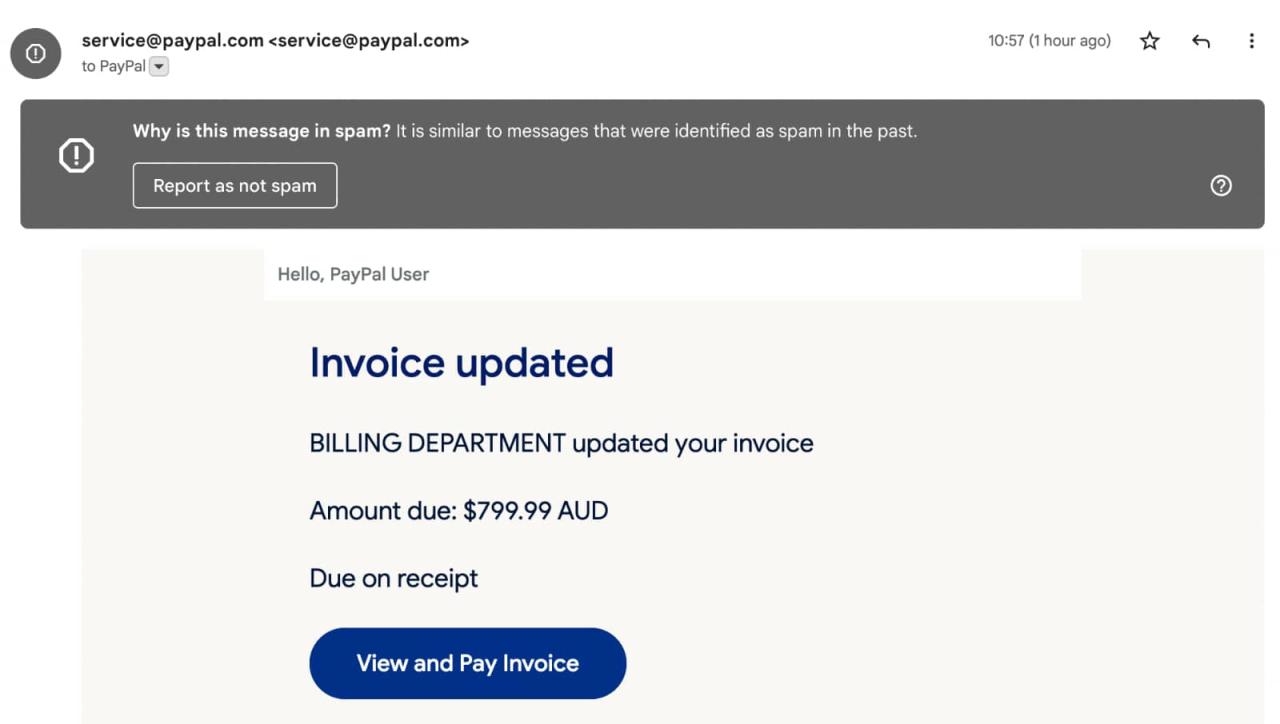
PayPal is one of the most popular online payment platforms in the world. However, like any other platform, PayPal is also vulnerable to fraud attacks. One of the most common types of fraud on PayPal is invoice scams, or committing fraud using fake invoices. In this article, we’ll talk about what PayPal invoice scams are, how they work, and how you can protect yourself from them.
What are PayPal Invoice Scams?
PayPal invoice scams are a type of fraud that involves the use of fake invoices to deceive victims. The fraudster will send the victim a fake invoice, which usually has a larger balance than the actual one. The invoice will look like a real invoice from PayPal, but it is actually a fake.
How Do PayPal Invoice Scams Work?
Here are the steps that fraudsters usually take to commit PayPal invoice scams:
- Gathering Information : Scammers will collect information about victims, such as email addresses, names, and PayPal account information.
- Creating Fake Invoices : Fraudsters will create fake invoices that look like genuine invoices from PayPal.
- Sending Invoices : Fraudsters will send fake invoices to victims via email or other messages.
- Tricking Victims : The fraudster will trick the victim into paying the fake invoice.

How to Spot PayPal Invoice Scams
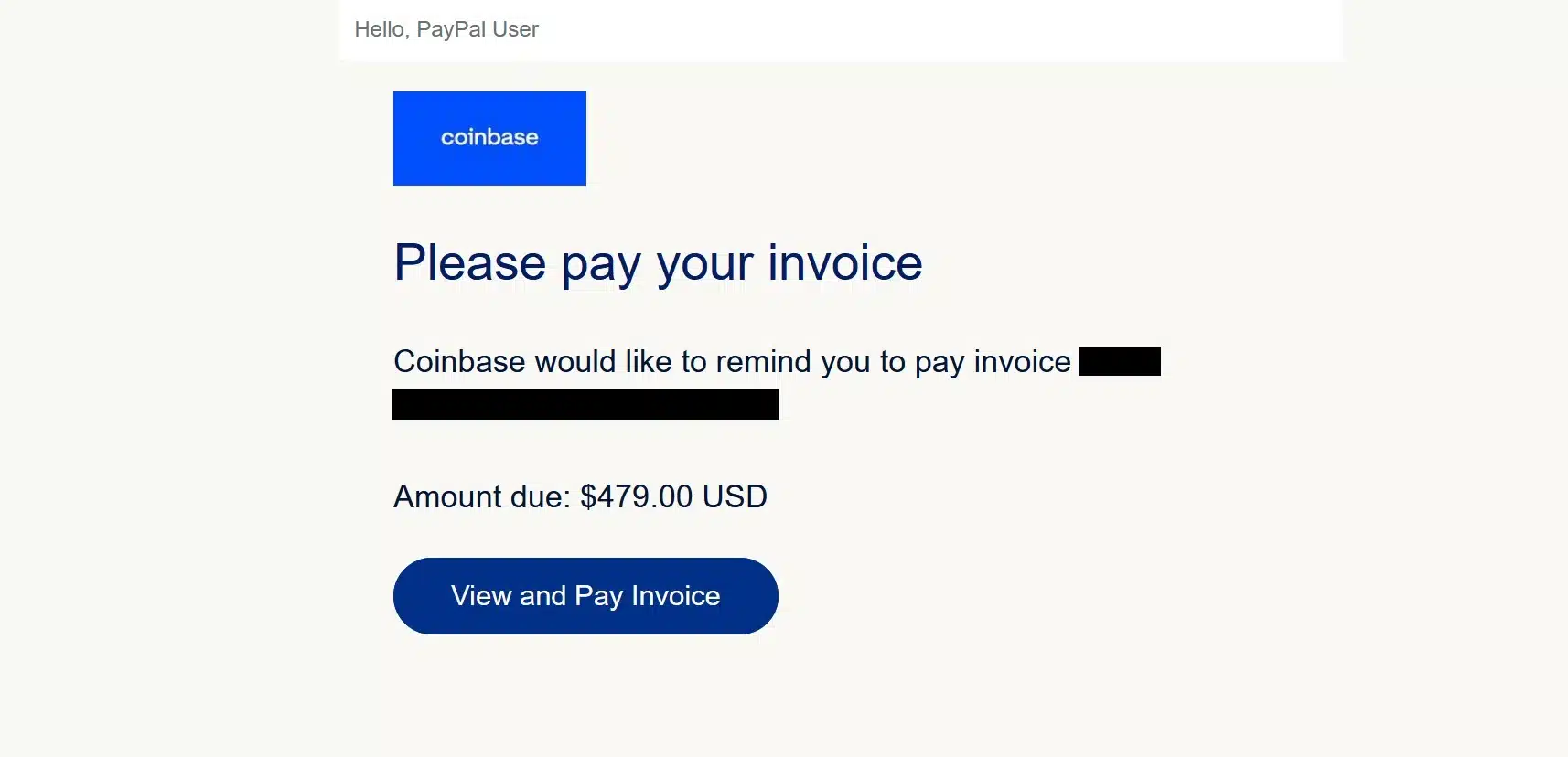
Here are some ways to recognize PayPal invoice scams:
- Check Email Address : Check the sender’s email address to ensure that it is an official email address from PayPal.
- Check Invoice Contents : Check the contents of the invoice to ensure that it is a genuine invoice from PayPal.
- Check Date and Amount : Check the invoice date and amount to ensure that it is a genuine invoice from PayPal.
- There are no signs that it is a genuine invoice : If an invoice doesn’t have the usual markings on a genuine invoice from PayPal, such as the PayPal logo or an official email address, then it’s probably a fake invoice.
How to Protect Yourself from PayPal Invoice Scams

Here are some ways to protect yourself from PayPal invoice scams:
- Don’t Pay an Invoice Without Checking : Do not pay an invoice without checking that it is a genuine invoice from PayPal.
- Check the Sender’s Email Address : Check the sender’s email address to ensure that it is an official email address from PayPal.
- Use PayPal Security Features : Use PayPal security features, such as Two-Factor Authentication (2FA) to protect your account.
- Do Not Give Out Personal Information : Do not give personal information to unknown people.
- Read PayPal’s Privacy Policy : Read PayPal’s privacy policy to ensure that you understand how your data will be used.
Does PayPal Offer Protection against Invoice Scams?
Yes, PayPal offers protection against invoice scams. PayPal has a security team that continuously monitors user accounts to detect fraud. If you fall victim to invoice scams, PayPal will help you recover your money.
How to Report Invoice Scams to PayPal?
If you are a victim of invoice scams, you can report it to PayPal by following these steps:
- Open your PayPal Account : Open your PayPal account and select “Help” in the top right corner.
- Select “Complaints and Questions” : Select “Complaints and Questions” and select “Report Fraud”.
- Fill in the Form : Fill out the form with the required information, such as the sender’s email address and the amount of money paid.
- Submit Form : Submit the form and PayPal’s security team will process your report.
Conclusion
PayPal invoice scams are a type of fraud that involves the use of fake invoices to deceive victims. However, by understanding how these scams work and using PayPal’s security features, you can protect yourself from these scams. If you fall victim to invoice scams, report it to PayPal and the security team will help you recover your money.
Steps to Protect Yourself from PayPal Invoice Scams
PayPal invoice fraud is a type of online fraud where criminals use the PayPal payment platform to steal money from victims. Criminals do this by sending fake, legitimate-looking invoices from legitimate companies or individuals. These invoices often request payment for goods or services that were never provided.
One of the most common ways to avoid PayPal invoice fraud is to carefully vet invoice senders. Make sure that the email address and sender name match the company or individual you expect to receive the invoice from. If you are unsure about the sender, you can always contact them directly to confirm the invoice.
Another way to protect yourself from PayPal invoice fraud is to check invoice details carefully. Make sure the description of the goods or services being billed is accurate, and that the total amount owed is reasonable. If something doesn’t look right on the invoice, don’t make the payment.
If you receive an invoice that you think is fraudulent, the best thing you can do is report it to PayPal. You can do this by contacting PayPal customer service or by using the “Report a Problem” feature on the PayPal website. Once you report an invoice, PayPal will investigate it and take appropriate action.
Here are some additional tips to protect yourself from PayPal invoice fraud:
Never click on links in emails claiming to be from PayPal.
Never give your personal information, such as your password or bank account number, to anyone claiming to be from PayPal.
If you are not sure whether an invoice is genuine, do not make payment.
Report all fraudulent invoices to PayPal.
By following these tips, you can help protect yourself from PayPal invoice fraud. If you have further questions or concerns, please contact PayPal customer service for assistance.

